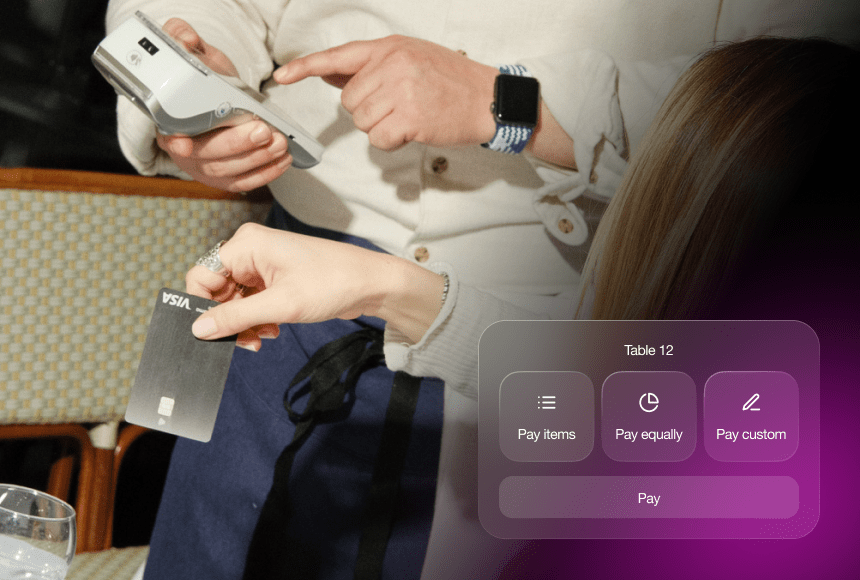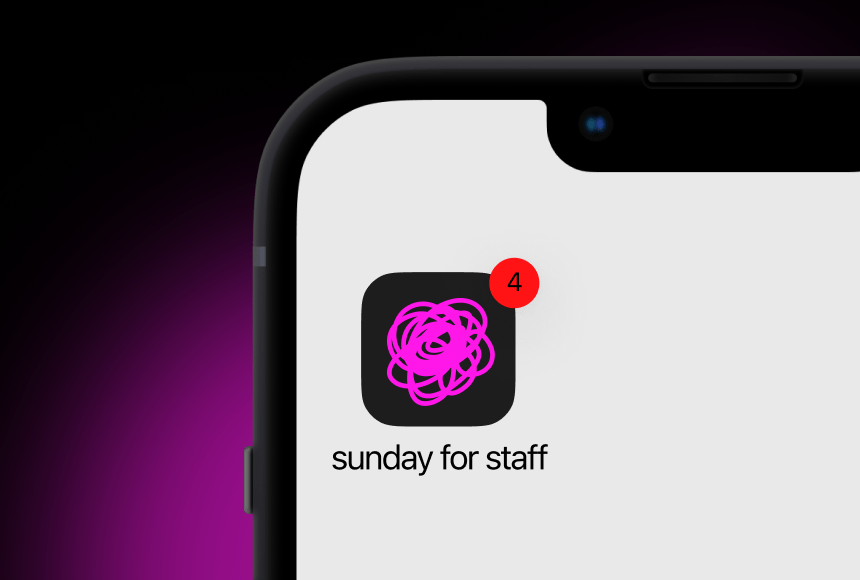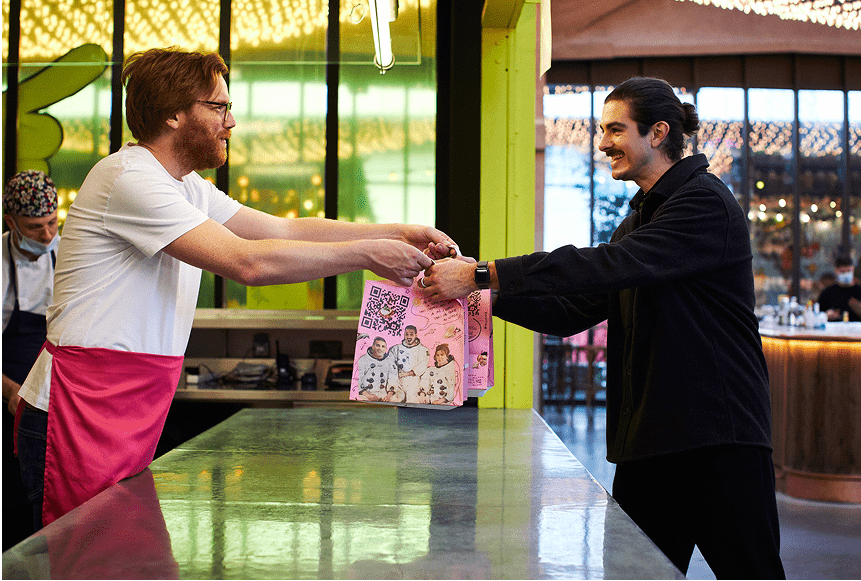
Next-Level Reputation Strategies for UK Restaurants in 2025
very year, online reputation becomes more influential in the restaurant business. For diners scanning through endless search results and social media feeds, digital word of mouth is often the make-or-break factor in deciding where to eat. A few glowing reviews can pack the dining room on weekends, while even a handful of unresolved complaints might send potential guests elsewhere. In 2025, this dynamic shows no signs of slowing down. If anything, the stakes are higher—thanks to evolving consumer expectations, new technology platforms, and a growing emphasis on authenticity over marketing fluff.
This article explores the online reputation trends poised to define the next twelve months for restaurants across the UK. From next-generation review features to transparent sourcing and streamlined payment experiences, these predictions reveal fresh pathways toward winning (and keeping) loyal customers. Along the way, it will become clear why a restaurant’s digital image needs as much attention as the dishes themselves.
Why 2025 Will Demand a Deeper Focus on Reputation
Shifting Consumer Expectations
According to a 2023 survey by YouGov, more than 70% of UK diners read at least five online reviews before booking a table at a new restaurant. This highlights a rising appetite for authentic, unfiltered opinions rather than standard marketing spin. Diners want detailed stories—about ambiance, staff warmth, and even portion sizes. The challenge in 2025? How to meet these shifting expectations while juggling operational demands.
- Expanded Touchpoints
Guests no longer look solely at Google Reviews. Platforms like Instagram, TikTok, and specialized forums are also part of the vetting process. Restaurants that understand how to maintain a consistent brand voice across multiple channels often enjoy a reputation boost. - Beyond the Meal
Diners want assurance that the entire experience will be worth their time and money, not just the food. They look for mentions of cleanliness, social responsibility, transparent sourcing, and the smoothness of the payment process.
Intensified Local Competition
The UK dining scene continues to flourish. From craft burger joints to themed pop-up restaurants, the sheer diversity is a feast for consumers but a test for restaurateurs. With competition so fierce, a restaurant’s online reputation can be its most visible differentiator. BrightLocal’s Local Consumer Review Survey (2023) found that businesses appearing in the top three local Google results capture 50% or more of new customer clicks. In 2025, that margin could widen further, making reputation management a focal point of any marketing strategy.
Spotlight on Emerging Online Reputation Trends
Short-Form Video Reviews
Written testimonials continue to play a significant role, but the rise of short-form video cannot be ignored. Platforms like TikTok, Instagram Reels, and YouTube Shorts now give diners a way to experience restaurants visually—often within a matter of seconds. A quick clip showing mouthwatering dishes or an enthusiastic diner’s reaction can spark massive interest.
- Why It Matters
Viewers trust authenticity, and nothing feels more real than an unpolished, candid video filmed at the table. These snapshots of genuine excitement resonate deeply with potential guests. - Action Steps
Restaurants might encourage visitors to record quick clips or run friendly contests like “Share Your Best Meal Moment.” Properly structured calls to action turn casual diners into mini brand ambassadors.
Hyper-Personalised Engagement
Many restaurants are moving beyond generic responses to reviews and embracing genuine, human conversations online. This shift includes:
- Personalized Replies: Addressing reviewers by name, referencing specific menu items they mentioned, and thanking them genuinely.
- Offline Follow-Ups: For negative reviews, some managers invite guests to return for a complimentary dish to demonstrate real commitment to improvement.
- Guest Profiling: While respecting data privacy, some eateries keep track of preferences (like a diner’s favorite table) to create pleasant surprises on subsequent visits.
Inclusivity and Ethical Sourcing as Reputation Drivers
Ethical considerations have gone from ‘nice-to-have’ to essential. According to a 2023 Deloitte report on consumer trends in the UK hospitality sector, 62% of diners feel more loyal to restaurants that demonstrate responsible sourcing and inclusivity. This means transparent supply chains, fair staff policies, and an atmosphere that welcomes everyone.
- Ethical Sourcing
Showcasing local farmers, sustainable suppliers, or reduced-waste practices often yields positive reviews from eco-conscious guests. - Inclusive Menus
Vegetarian, vegan, gluten-free, and allergen-friendly options all feed into a restaurant’s reputation. Detailed menu labeling removes uncertainty, paving the way for better feedback.
Seamless Payment and Post-Purchase Reviews
A complicated payment process can leave guests with a poor final impression. That’s where solutions like sunday enter the conversation. Diners settle the bill via a simple QR code, leave tips, and can be prompted to share their thoughts on Google—right there, while the positive memory is fresh.
- Trend Impact
In 2025, user-friendly payment experiences that seamlessly funnel into review generation may prove a key way to sustain a high online rating average. When diners enjoy a frictionless departure, they’re more likely to reflect on the entire meal positively. - Practical Adoption
With many contactless payment systems now accepted in the UK, restaurants that adopt integrated tools like sunday stand out for speed, convenience, and transparency. This approach can replace the time-consuming “please write us a review later” with a direct, real-time nudge.
Data-Backed Insights for Reputation Building
Monitoring Trends Through Analytics
Staying on top of what people say about a restaurant has become more than occasionally searching on Google. Comprehensive analytics allow managers to track sentiment across dozens of platforms, shedding light on patterns that might not be obvious from a single set of reviews.
- Sentiment Tracking
Tools with AI-driven sentiment analysis can spot recurring themes—like compliments for specific dishes or repeated concerns over portion sizes. Addressing these quickly bolsters the brand’s image. - Keyword Focus
With local SEO growing increasingly competitive, certain keywords—like “vegan brunch in Bristol” or “family-friendly pub near Leeds”—might help a restaurant appear in more targeted searches. If a restaurant sees an uptick in mentions of “best Sunday roast,” for instance, it can emphasize that message in future promotions.
The Role of Third-Party Endorsements
In addition to individual reviews, endorsements from influencers or local press can strongly influence public perception. In the UK, micro-influencers—personalities with smaller yet highly engaged audiences—often have more sway than huge global accounts, especially for niche cuisines or regional focuses.
- Authentic Collaborations
Whether it’s inviting a local food blogger for a tasting or partnering with a nearby farm for a weekend event, sincere collaborations generate positive buzz that feels less commercial and more credible. - Local Partnerships
Tie-ins with community events, sports teams, or charities can also lead to mentions in local newspapers or community forums. Many diners appreciate knowing that a portion of their bill supports a cause.
Navigating Negative Reviews in 2025
Embracing Transparent Conflict Resolution
In an era where brand authenticity reigns supreme, restaurants are increasingly adopting transparent approaches to customer complaints. Attempting to hide or delete negative comments often backfires. Instead, managers publicly acknowledge issues, propose solutions, and demonstrate a willingness to change.
- Open Communication
According to CGA by NielsenIQ’s 2025 UK hospitality report, 45% of diners say they’ve revised a negative review after positive engagement with the restaurant. This statistic underscores the power of a genuine apology and practical resolution. - Learning from Criticism
Frequent gripes about slow service on busy nights might reveal staffing or training gaps. Once these problems are solved, restaurants can release small updates online—highlighting new staff additions or a shift to a booking-only system to smooth the crowd flow.
Private Channels for Detailed Feedback
Some situations require more than a brief reply on a public platform. Offering guests a direct contact line or email lets them express complex grievances privately, potentially leading to better outcomes.
- Calmer Tone
Without the spotlight of social media, guests often share constructive observations rather than emotional rants. - Tailored Follow-Up
If a customer’s complaint involves special dietary needs that weren’t met, a personal conversation can clarify the missing steps. This might lead to changes on the menu or staff training, preventing future misunderstandings.
Practical Steps to Future-Proof Reputation Management
Training Staff on Digital Touchpoints
It’s not just managers or owners who need to understand the power of online reviews. Servers, hosts, and even kitchen staff play a vital role in shaping a diner’s experience—and, by extension, the feedback left online. A well-informed team can politely ask contented guests to share their thoughts, respond politely to immediate concerns, and highlight unique features like seasonal specials or contactless payment.
Encouraging Real-Time Feedback Loops
Offering an in-venue feedback option—such as a mobile-optimized form or a tablet at the counter—allows guests to voice their opinions straight away. This approach intercepts negative feelings before they spread online. Plus, satisfied diners might leave a few glowing sentences on the spot.
- Short, Targeted Questions
Rather than a long survey, a quick “How was the food?” or “What would you improve?” tends to get more honest, concise responses. - Immediate Resolution
If a diner mentions lukewarm fries, staff can correct the issue instantly, demonstrating attentive service that could turn a complaint into a recommendation.
Showcasing Positive Testimonials Strategically
In 2025, it’s not enough to gather positive reviews; showcasing them effectively can amplify their impact. Restaurants might:
- Feature them on the website’s homepage to build immediate trust.
- Use them in social media Stories with a “thank you” note to the reviewer.
- Incorporate them into email marketing to highlight recent success stories or new dishes that wowed guests.
Growing Importance of Tech Integration
Contactless Menus and Payment
Since the pandemic, QR code menus have become more commonplace in the UK. Their convenience extends beyond hygiene—digital menus can be updated in real time, reflecting daily specials or sudden stock shortages. Building on that, a payment solution like sunday can streamline the final step: scanning a code, splitting bills, and leaving tips. When guests finish with minimal friction, the overall impression remains positive.
- Speed Meets Satisfaction
A rapid checkout ensures that a busy lunch crowd can pay and leave smoothly, freeing up tables faster. This efficiency can boost word-of-mouth recommendations for both in-person and online chatter. - Integrated Feedback
A subtle nudge to rate the meal once the bill is settled helps close the feedback loop in a single sitting, capturing details while memories are fresh.
Automated Reputation Alerts
With so many platforms—Google, TripAdvisor, Instagram, TikTok—monitoring brand mentions can be overwhelming. Automated alert systems can notify restaurant owners or marketing teams of new reviews, whether positive or negative.
- Swift Response
Fast replies make diners feel heard. A delay of more than 72 hours can sometimes diminish the effectiveness of a manager’s response, according to a 2023 study by ReviewTrackers. - Trend Spotting
Over time, these alerts can reveal patterns, such as recurring compliments on a specific dish or repeated complaints about slow bar service. Quick action based on this data can boost the restaurant’s overall rating.
What 2025 Holds for UK Restaurants
As digital platforms grow more intuitive, the restaurant industry faces an era where every detail—menu design, service style, brand ethics, technology usage—contributes to the overarching online reputation. A single oversight can go viral, while a simple act of going the extra mile can spawn a flurry of five-star reviews.
Restaurants that adapt to these trends stand to build long-lasting loyalty among diners, expand their reach through genuine word-of-mouth, and harness technology to make every aspect of the customer journey seamless. Whether it’s through incorporating short-form video strategies, refining contactless payment workflows, or nurturing staff to become digital ambassadors, the opportunities in 2025 are ample.
Cultivating a robust online presence requires consistent effort, but the returns—more bookings, higher guest satisfaction, and a vibrant community of brand advocates—are well worth it. By blending technological solutions like sunday with human warmth and transparency, restaurants can set the table for continued success in a rapidly evolving culinary landscape.
Find out more today
Drop us your details below and we’ll reach out within the next 24
Stay on top of your online reputation.
Say goodbye to bad ratings and hello to 5*s. Get to know your customers with our integrated rating & review feature, which allows you to get more reviews, better ratings and more visibility online.




